
0
+
Google Reviews

0
+
4.7 ( 2070 Ratings )
AWS Cloud Industry Training By Anand Tiwari. – Offline @ Aundh Pune
1] Designing and deploying scalable, highly available, and fault tolerant systems on AWS
2] Lift and shift of an existing on-premises application to AWS
3] Ingress and egress of data to and from AWS
4] Selecting the appropriate AWS service based on data, compute, database, or security requirements
5] Identifying appropriate use of AWS architectural best practices
6] Estimating AWS costs and identifying cost control mechanism


Curriculum Designed by Experts
AWS Solutions Architect ==> AWS Sysops Administration ==> AWS DevOps Engineer
AWS certification training in pune
******************************************
Note : Each AWS lecture will be followed by a hands-on demo/activity wherever applicable
Getting Started :
Course Introduction
About the Training Architect
Working as a Solutions Architect
Creating an AWS Account, AWS Free Tier, Usage Tracking, and Billing Widget
Access Management
Shared Responsibility/Security Model
Service Models
High Availability vs. Fault Tolerance
RPO vs. RTO
Scaling
Tiered Application Design
Encryption
Architecture Odds and Ends
Architecture 101
AWS Architecture :
AWS Accounts
AWS Physical and Networking Layer
Well-Architected Framework
Elasticity
AWS Architecture 101
AWS Product Fundamentals :
Console Tour and Navigation
Introduction to S3
Introduction to CloudFormation
Hands-on Labs
Getting Started with CloudFormation
AWS Product Fundamentals
IAM (Identity and Access Management) :
IAM Essentials
IAM Policies
IAM Users
IAM Groups
IAM Access Keys
Securing Your Account — Creating an IAM User and Setting Up the CLI
IAM Roles
IAM Essentials
Multi-Account Management and Organizations :
AWS Organizations
Role Switching Between Accounts
Multi-Account Management and Organizations
Server-Based Compute (EC2) Fundamentals :
EC2 Architecture: Part 1
EC2 Architecture: Part 2
Instance Types and Sizes
EC2 Storage Architecture: Part 1
EC2 Storage Architecture: Part 2
EBS Snapshots
Security Groups
Instance Metadata
Hands-on Labs
Creating and Working with an EC2 Instance
Server-Based Compute (EC2) Fundamentals
Server-Based Compute (EC2) Intermediate :
AMI
Bootstrap
Instance ENI, IP, and DNS: Part 1
Instance ENI, IP, and DNS: Part 2
Instance Roles
Server-Based Compute (EC2) Intermediate
Using EC2 Roles and Instance Profiles
Using AWS Tags and Resource Groups
Server-Based Compute (EC2) Advanced :
EBS Volume and Snapshot Encryption
EBS Optimization, Enhanced Networking, and Placement Groups
EC2 Billing Models: Part 1 – Spot and Spot Fleet
EC2 Billing Models: Part 2 – Reserved Instances
Dedicated Hosts
Server-Based Compute (EC2) Advanced
Serverless Compute (Lambda) :
What Are APIs and Microservices?
Serverless and Event-Driven Architectures
Lambda Essentials: Part 1
Lambda Essentials: Part 2
API Gateway Essentials: Part 1
API Gateway Essentials: Part 2
Step Functions
Serverless Compute (Lambda)
Container-Based Compute and Microservices :
Docker Essentials
ECS
Container-Based Compute and Microservices
Networking Fundamentals :
Introduction
Seven-Layer OSI Model: Part 1
Seven-Layer OSI Model: Part 2
IP Addressing Basics
Subnetting
IP Routing
Firewalls
Proxy Servers
Networking Fundamentals
Virtual Private Cloud (VPC) :
Virtual Private Cloud (VPC) and Subnets: Part 1
Virtual Private Cloud (VPC) and Subnets: Part 2
Routing and Internet Gateway
Bastion Host/JumpBox
NAT, NAT Instance, and NAT Gateway: Part 1
NAT, NAT Instance, and NAT Gateway: Part 2
Network ACLs
Hands-on Labs
Designing and Building a Custom VPC from Scratch
Virtual Private Cloud (VPC)
Advanced VPC :
VPC Peering: Part 1
VPC Peering: Part 2
VPC Endpoints: Part 1
VPC Endpoints: Part 2
IPv6 within AWS
Egress-Only Gateway
Hands-on Labs
Implementing VPC Peering on AWS
Advanced VPC
Global DNS (Route 53) Fundamentals :
DNS 101
Domain Registration
Private vs. Public Hosted Zones
Record Set Types
Health Checks
Global DNS (Route 53) Fundamentals
Global DNS (Route 53) Advanced :
Routing Policy: Simple
Routing Policy: Failover
Routing Policy: Weighted
Routing Policy: Latency
Routing Policy: Geolocation
Global DNS (Route 53) Advanced
S3 Architecture and Features :
Permissions
Transferring Data to S3
Encryption
Static Websites and CORS
Object Versioning
Presigned URLs
Hands-on Labs
Creating a Static Website Using Amazon S3
S3 Performance and Resilience :
Storage Tiers/Classes
Lifecycle Policies and Intelligent-Tiering
Cross-Region Replication (CRR)
CloudFront :
CloudFront Architecture: Part 1
CloudFront Architecture: Part 2
OAI
Network File Systems :
EFS Fundamentals: Part 1
EFS Fundamentals: Part 2
Storage and Content Delivery
Database Fundamentals :
Database Models
SQL — RDS :
RDS Essentials: Part 1
RDS Essentials: Part 2
RDS Backups and Restore
RDS Resiliency: Multi-AZ
RDS Read Replicas
Database Fundamentals and SQL — RDS
SQL — Aurora :
Aurora Essentials: Part 1
Aurora Essentials: Part 2
Parallel Queries and Aurora Global
Aurora Serverless Essentials: Part 1
Aurora Serverless Essentials: Part 2
SQL — Aurora
NoSQL :
DynamoDB Essentials: Part 1 — Tables and Items
DynamoDB Essentials: Part 2 — Query and Scan
DynamoDB Essentials: Part 3
DynamoDB Performance and Billing
DynamoDB Streams and Triggers
DynamoDB Indexes: Part 1 — LSI
DynamoDB Indexes: Part 2 — GSI
NoSQL
In-Memory Caching :
DAX
ElastiCache
In-Memory Caching
Load Balancing and Auto Scaling :
Load Balancing Fundamentals
Classic Load Balancers and Health Checks: Part 1
Classic Load Balancers and Health Checks: Part 2
Classic Load Balancers and Health Checks: Part 3
Application Load Balancers: Part 1
Application Load Balancers: Part 2
Network Load Balancers
Launch Templates and Configurations
Auto Scaling Groups: Part 1
Auto Scaling Groups: Part 2
Hands-on Labs
Implementing an Auto Scaling Group and Application Load Balancer in AWS
VPN and Direct Connect :
VPC VPN (IPsec)
Direct Connect Architecture
When to Pick Direct Connect vs. VPN
Snow* :
Snowball, Snowball Edge, and Snowmobile
Data and DB Migration :
Storage Gateway 101
Database Migration Service 101
Identity Federation and SSO :
What Is Identity Federation?
When to Use Identity Federation
Hybrid and Scaling
Application Integration :
Simple Notification Service (SNS)
Simple Queue Service (SQS): Part 1
Simple Queue Service (SQS): Part 2
Elastic Transcoder
Application Integration
Analytics :
Athena
Elastic MapReduce (EMR)
Kinesis and Firehose
Redshift
Analytics
Logging and Monitoring :
CloudWatch
CloudWatch Logs
CloudTrail
VPC Flow Logs
Hands-on Labs
Custom Logging Using CloudWatch and CloudWatch Logs
Hands-on Labs
Working with AWS VPC Flow Logs for Network Monitoring
Logging and Monitoring
Operations :
CloudWatch Events
KMS Essentials: Part 1
KMS Essentials: Part 2
Deployment :
Elastic Beanstalk
OpsWorks
Operations and Deployment
The Exam :
How to Prepare for the Real Exam
AWS Solutions Architect Associate (SAAC01) – Final Practice Exam
Course Features :
This course can help prepare you for a certification exam.
Earn a Certificate of Completion
When you complete this course, you’ll receive a certificate of completion as proof
An advanced storage course covering Direct-Attached Storage (DAS), Storage Area Networks (SAN), Network-Attached Storage (NAS), and Object Storage design and implementation would typically delve into the intricate details of storage architectures, protocols, technologies, and best practices. Here’s an outline of what such a course might include:
1. Introduction to Advanced Storage Concepts:
2.Direct-Attached Storage (DAS):
3. Storage Area Networks (SAN):
4. Network-Attached Storage (NAS):
5. Object Storage:
6. Storage Virtualization and Management:
7. Data Protection and Disaster Recovery:
8. Security and Compliance:
9. Scalability and Performance Optimization:
10. Case Studies and Hands-On Labs:
11. Best Practices and Industry Trends:
An advanced course on Level 3 (L3) networking and network troubleshooting with end-to-end VPC (Virtual Private Cloud) design would cover a comprehensive range of topics related to networking architectures, protocols, troubleshooting methodologies, and best practices for designing and managing VPCs in cloud environments. Here’s an outline of what such a course might include:
1.Networking Fundamentals Review:
2. Advanced Routing and Switching:
3. Network Troubleshooting Methodologies:
4. Network Security:
5. VPC Design and Implementation:
6. Advanced VPC Configurations:
7. Hybrid Cloud Networking:
8. Case Studies and Hands-On Labs:
9. Best Practices and Industry Trends:
Designing a complete database system with real-time RDS failover involves careful planning and implementation to ensure high availability, fault tolerance, and data integrity. Below is an outline of the components and considerations involved in such a design:
AWS RDS Multi-AZ Deployment:
1.Monitoring and Alerting:
2.Incident Response and Troubleshooting:
3. Infrastructure Management:
4. Security and Compliance:
5. Backup and Disaster Recovery:
6. Cost Management and Optimization:
7. Automation and Scripting:
Radical Technologies is the leading IT certification institute in Kochi, offering a wide range of globally recognized certifications across various domains. With expert trainers and comprehensive course materials, it ensures that students gain in-depth knowledge and hands-on experience to excel in their careers. The institute’s certification programs are tailored to meet industry standards, helping professionals enhance their skillsets and boost their career prospects. From cloud technologies to data science, Radical Technologies covers it all, empowering individuals to stay ahead in the ever-evolving tech landscape. Achieve your professional goals with certifications that matter.
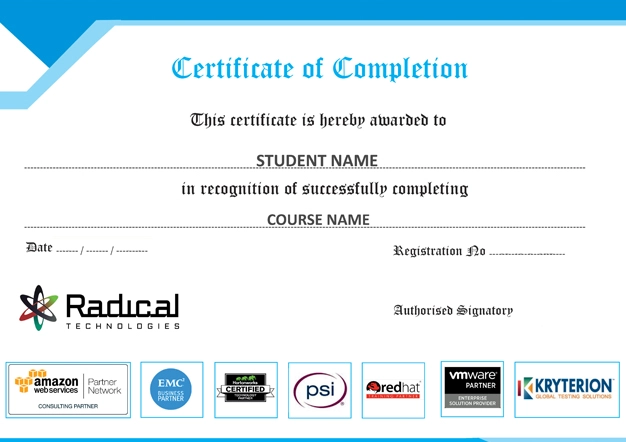


At Radical Technologies, we are committed to your success beyond the classroom. Our 100% Job Assistance program ensures that you are not only equipped with industry-relevant skills but also guided through the job placement process. With personalized resume building, interview preparation, and access to our extensive network of hiring partners, we help you take the next step confidently into your IT career. Join us and let your journey to a successful future begin with the right support.
At Radical Technologies, we ensure you’re ready to shine in any interview. Our comprehensive Interview Preparation program includes mock interviews, expert feedback, and tailored coaching sessions to build your confidence. Learn how to effectively communicate your skills, handle technical questions, and make a lasting impression on potential employers. With our guidance, you’ll walk into your interviews prepared and poised for success.
At Radical Technologies, we believe that a strong professional profile is key to standing out in the competitive IT industry. Our Profile Building services are designed to highlight your unique skills and experiences, crafting a resume and LinkedIn profile that resonate with employers. From tailored advice on showcasing your strengths to tips on optimizing your online presence, we provide the tools you need to make a lasting impression. Let us help you build a profile that opens doors to your dream career.








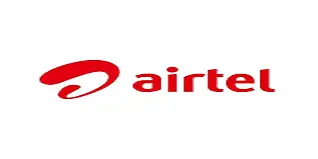
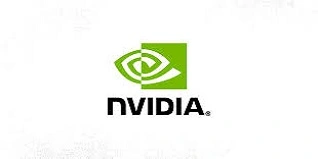
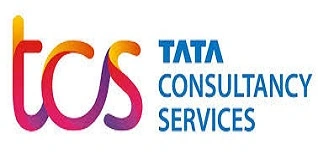

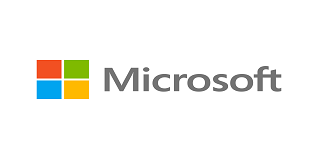
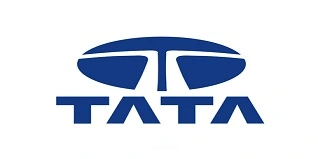

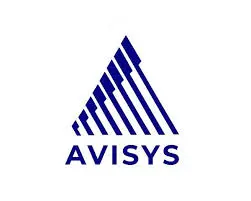
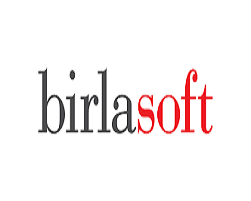
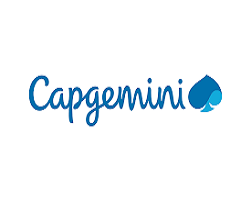
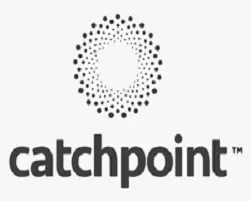
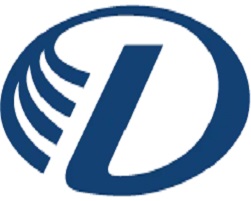
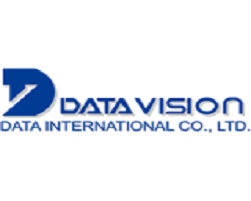
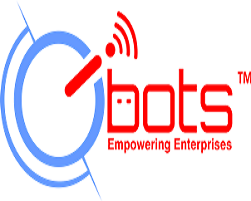
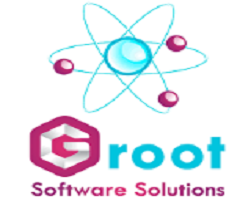
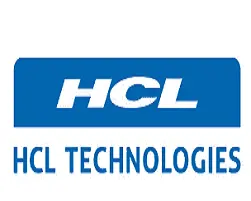
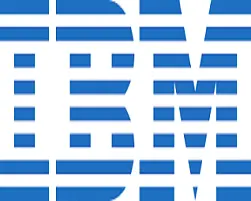
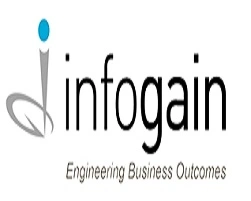
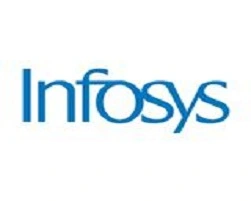
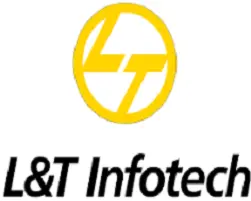
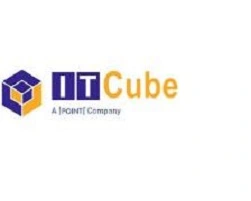
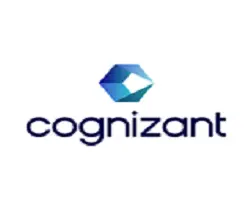
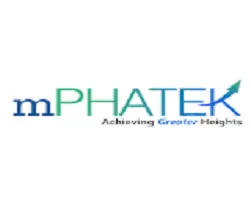
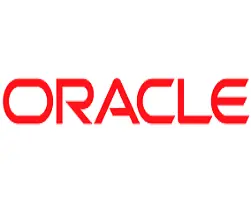

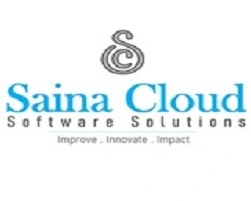




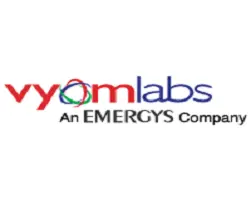
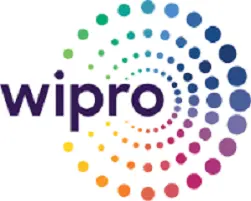
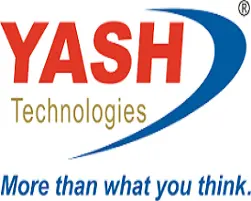
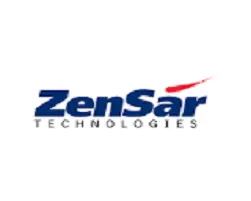
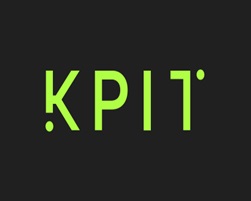
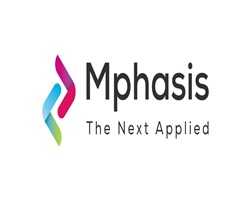
Kochi | Fort Kochi | Mattancherry | Ernakulam | Marine Drive | Kakkanad | Palarivattom | Kadavanthra | Chullikkal | Elamakkara | Kochi Port | Vyttila | Aluva | Thrippunithura | Panampilly Nagar | Edappally | Kothad | Njarackal


(Our Team will call you to discuss the Fees)


(Our Team will call you to discuss the Fees)